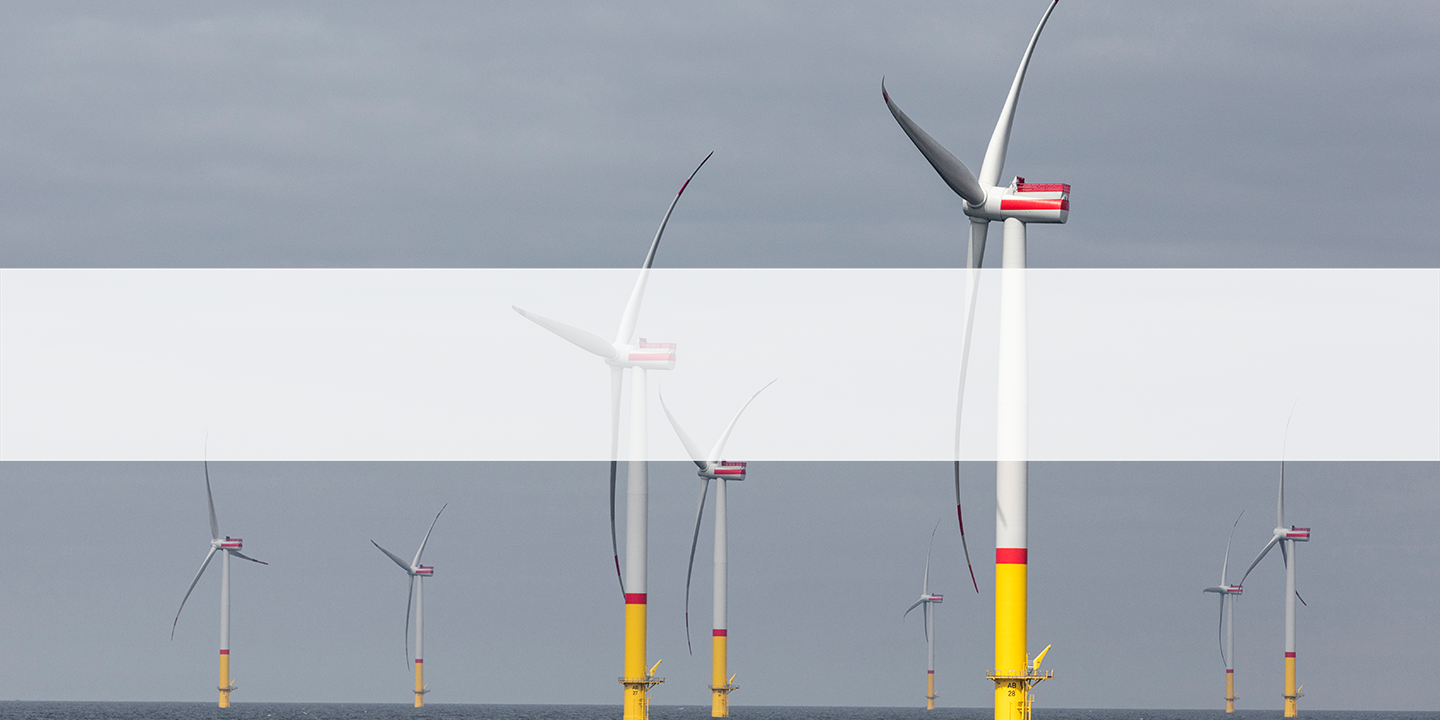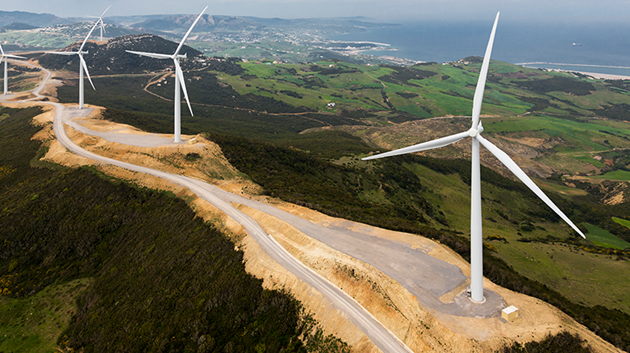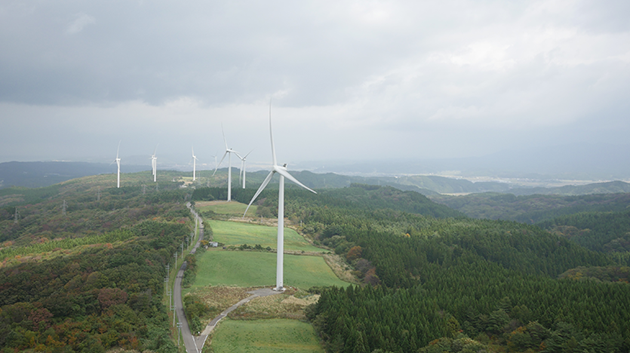
COP26: The clock is ticking!
Madrid / 29 October 2021
The most important environment-related event of the year is right around the corner. COP26 UN Climate Change Conference, hosted by the UK in partnership with Italy, will take place from 31st October to 12th November in Glasgow (Scotland). This event will gather first-class world leaders, politicians, activists, companies, institutions and civil society in order to accelerate targets established by the Paris Climate Agreement.

Bearing in mind the current policies in place, the scenario does not look promising. The International Energy Agency’s (IEA) latest World Energy Outlook reveals that unless we reach net-zero very soon, keeping the temperature rise below 1.5ºC will be very unlikely. Nevertheless, we still stand a chance, but for this to happen, world leaders must decide how fast they can cut emissions and through what mechanisms. Of course, the massive and accelerated deployment of renewable energies plays a central role here and the wind industry is certain about what it wants COP26’s outcome to be. The Global Wind Energy Manifesto for COP26 published October 18th has reflected these needs and reads as follows:
- Increase wind power ambition and reflect this in updated Nationally Determined Contributions (NDCs), comprehensive national climate strategies and long-term energy plans.
- Commit to rapid phase out of coal-based generation now.
- Design and implement energy markets for the future.
- Implement streamlined and sensible permitting schemes for renewable energy projects to accelerate deployment and minimize project attrition.
- Initiate plans to rapidly build out clean energy grids and charging stations for electric vehicles.
- Develop cohesive and inclusive policies which dedicate public resource to the people-centred shift to a net zero economy.
- Align national and regional finance flows with benchmarks for a net zero, 1.5°C-compliant pathway.
- Advance voluntary cooperation on carbon pricing under Articles 6.2 and 6.4 of the Paris Agreement.
Indeed, one of the most contentious topics of debate is expected to be Article 6, the provision that foresees the establishment of an international carbon market. Certainly, integrating many countries into a single system ensures a level playing field for all, not only in terms of commitment, but also in terms of transparency and accountability. However, not all parties agree. Many developing nations have criticized the imbalance of opportunities and resources available for them, expressing that it is a great hindrance to c ambitious climate pledges. More concretely, high-income countries have failed to deliver the existing commitment to provide $100 billion in annual funding to help low-income nations decarbonize while accelerating climate adaptation.
Another area of concern is the private sector. The same way that governments around the globe are engaging in intense negotiations, the private sector’s involvement in fighting global warming is essential, especially when it comes to hard-to-abate sectors. This must be a wake-up call for many companies so that they can gradually lower their environmental footprint and shift towards more sustainable business models.
In the case of Siemens Gamesa, we became carbon neutral in 2019, but the new Sustainability Strategy has included value chain emissions as well, and we are expecting the company to reach net zero by 2040. Siemens Gamesa is also committed to making blades fully recyclable by 2030, and the whole turbine fully recyclable by 2040. Additionally, our involvement in promoting key technological developments such floating offshore wind, green hydrogen and energy storage, shows how the company keeps advocating for a greener and more sustainable planet.
What has been our involvement so far as regards to COP26?

Since early 2021, Siemens Gamesa has been part of the GWEC-led “Global Wind Coalition for COP26”, an alliance that gathers many wind-sector champions and that has endorsed the importance of accelerating the green transition through wind power. The company has been present, among other initiatives, in the B20’s Energy Task Force, in the “We Mean Business Coalition’s” letter calling on G20 leaders to halve emissions, on the RES4AFRICA foundation’s events, at the International Chamber of Commerce -ICC- initiatives, offering interviews on mass media and, overall, promoting and giving visibility to such an important cause: the fight against the climate emergency.
Will our company be present at COP26?
The GWEC Coalition will have a wind pavilion in the blue zone, where Siemens Gamesa will be present by taking part in roundtables, meeting ministerial delegations, as well as in different side events arranged by most relevant energy and climate-related institutions. This will be an amazing opportunity to showcase how wind energy has the potential to lead the green revolution all over the world while supporting environmentally friendly and socially meaningful policies.
All in all, COP26 must serve to streamline and align international climate policy, bringing together and maximizing all the efforts from different stakeholders. Expectations are high because it is said that this will be the last chance for global leaders to take meaningful action for a planet that is getting sicker and sicker every day. It is now or never; an agreement must be reached. The clock is ticking!
We, at SGRE, can be proud of all our actions, achievements and plans and we hope to deliver to build a more sustainable world. At COP26, we will keep on aligning and advocating for the public and private sectors. At SGRE, we care. Stay tuned!



